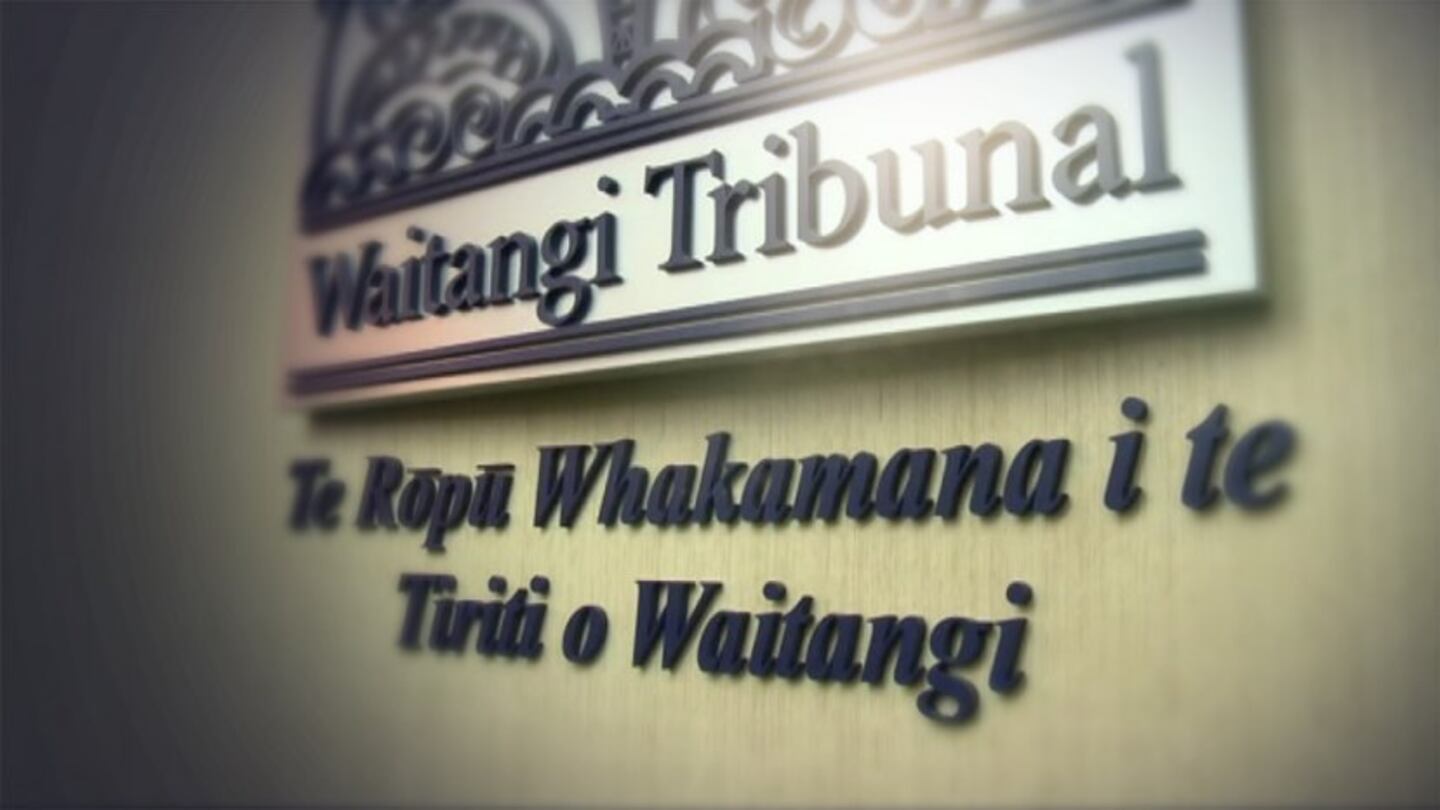Māori health experts, community advocates and academics say the government has failed to meet its Tiriti o Waitangi obligations in its push to repeal smokefree legislation.
Te Rōpū Tupeka Kore, a coalition of leading smokefree advocates, has applied for an urgent hearing with the Waitangi Tribunal in response to the government’s intention to repeal amendments to the Smokefree Environments and Regulated Products Act.
The amendments, introduced by the former Labour government, aim to reduce the number of outlets that sell tobacco-based products, lower nicotine levels in tobacco products and make it illegal for tobacco to be sold to anyone born after the start of 2009.
The claimants include Sue Taylor, Hone Harawira and Shane Bradbrook, each with over 20 years of pushing for anti-smoking policies.
Bradbrook says the removal of the amendments is a clear breach of the Treaty and, while its decision is not legally binding,she is confident the tribunal will rule in favour of the claim.
“The lack of consultation on such a measure of repealing this act, I think they will find in favour of us. What it does is, while this may not be binding legally for the government to back down, and in reality, they can carry on and ignore that finding, what is important to do in these cases, is to be accountable to our people.
“This part of our role as public health advocates to put in things like this and call for the halting of these sort of repeals. I think that is a role we have taken seriously for decades.”
The latest health statistics show smoking rates across the country have steadily fallen in the past decade, with the rate of daily smoking for Māori dropping from 37 per cent in 2010 to 17 per cent in 2022. The annual New Zealand Health survey also showed 16 per cent of all smokers in Aotearoa quit before the survey was completed in July 2023.
Focus on the problem, not the individual
The coalition agreement between National and New Zealand First will see legislation to repeal the amendments passed by March. First-term New Zealand First MP Casey Costello is the minister responsible for the government’s tobacco policies.
She is currently under fire for allegedly misleading the media over comments she didn’t seek advice from officials about freezing tax increases on tobacco. RNZ reports documents showed she did seek advice on the impact a three-year freeze on increases would have, which would have been of benefit to tobacco producers.
Regardless, the cabinet voted before Christmas to raise the excise tax on tobacco products, as has been the case in previous years.
“When you have a minister of finance placing a tax grab over our future generations’ health action is required to protest this appalling and insensitive act,’ Bradbrook says.
Te Rōpū Tupeka Kore chair Sue Taylor is concerned about the tactics of the tobacco industry and says the government is listening to the wrong people.
“We need to shift our focus away from making smoking an individual’s problem. The problem is the tobacco industry and its predatory tactics that keep our people addicted and recruit new people to smoking.
“The SERPA is a hugely important step towards protecting our wellbeing.”
A petition with more than 40,000 signatures was presented to Parliament in December. A Health Coalition Aotearoa Survey release around the same time showed nearly 70 per cent of responders supported the amendments.
Taylor says the coalition is ignoring the will of the people.
“The government seems to be deaf to Te Tiriti and civil society.”
“Frustrating”
Bradbrook says it is frustrating having campaigned for many years to have some of the current measures only to have them repealed so quickly.
“Particularly when you look at the fact we were creating world firsts here. We were back in a position of leading international measures in terms of reducing mortality and morbidity rates. We were leading that, particularly around the smoke-free generation, looking at taking care of rangatahi and tamariki - that future generation removing them from picking it up and using it. It is highly frustrating when you go backwards.”
Costello, however, maintains the government is committed to achieving the target of fewer than five per cent of smokers nationwide by 2025. She told Parliament the ‘prohibitionist regime’ set by the previous government would not be the most ideal way to do so.
“Cutting supply doesn’t equate to reducing demand, and the last government’s planned approach was also going to have consequences for retailers, crime, and the growth of the black market,” she said during Question Time.



